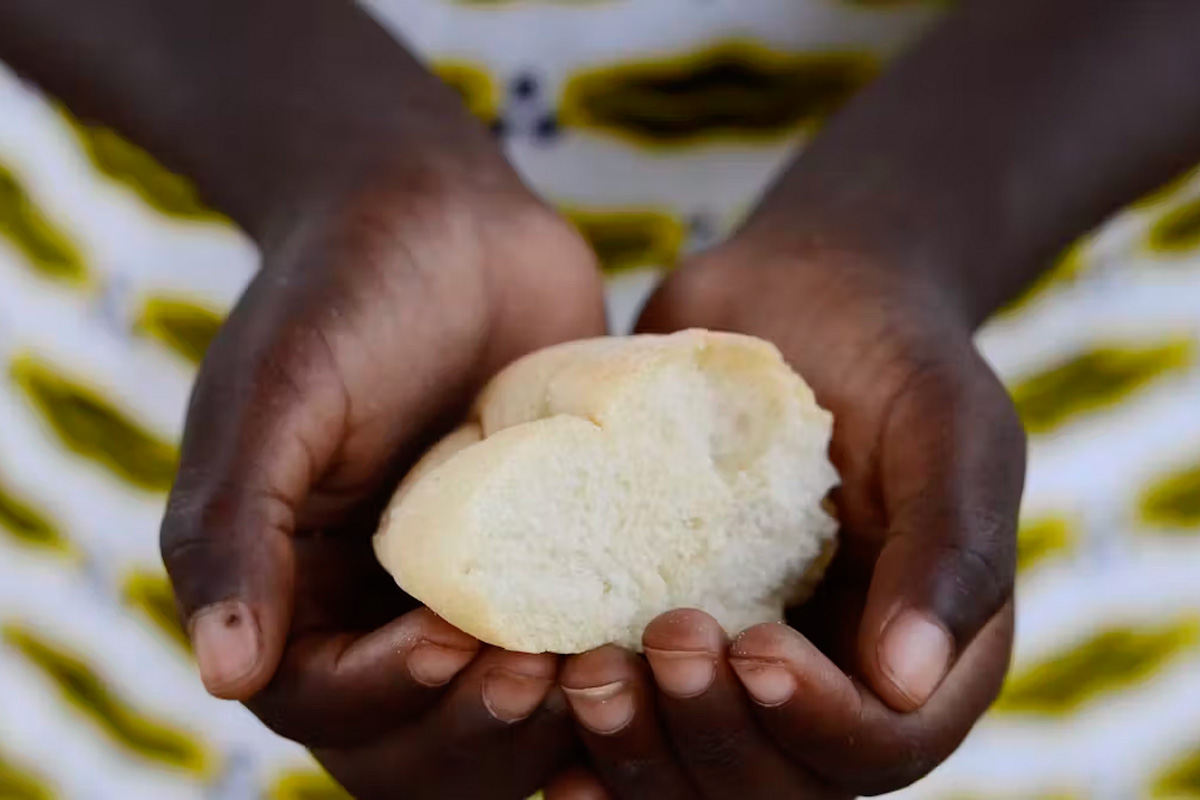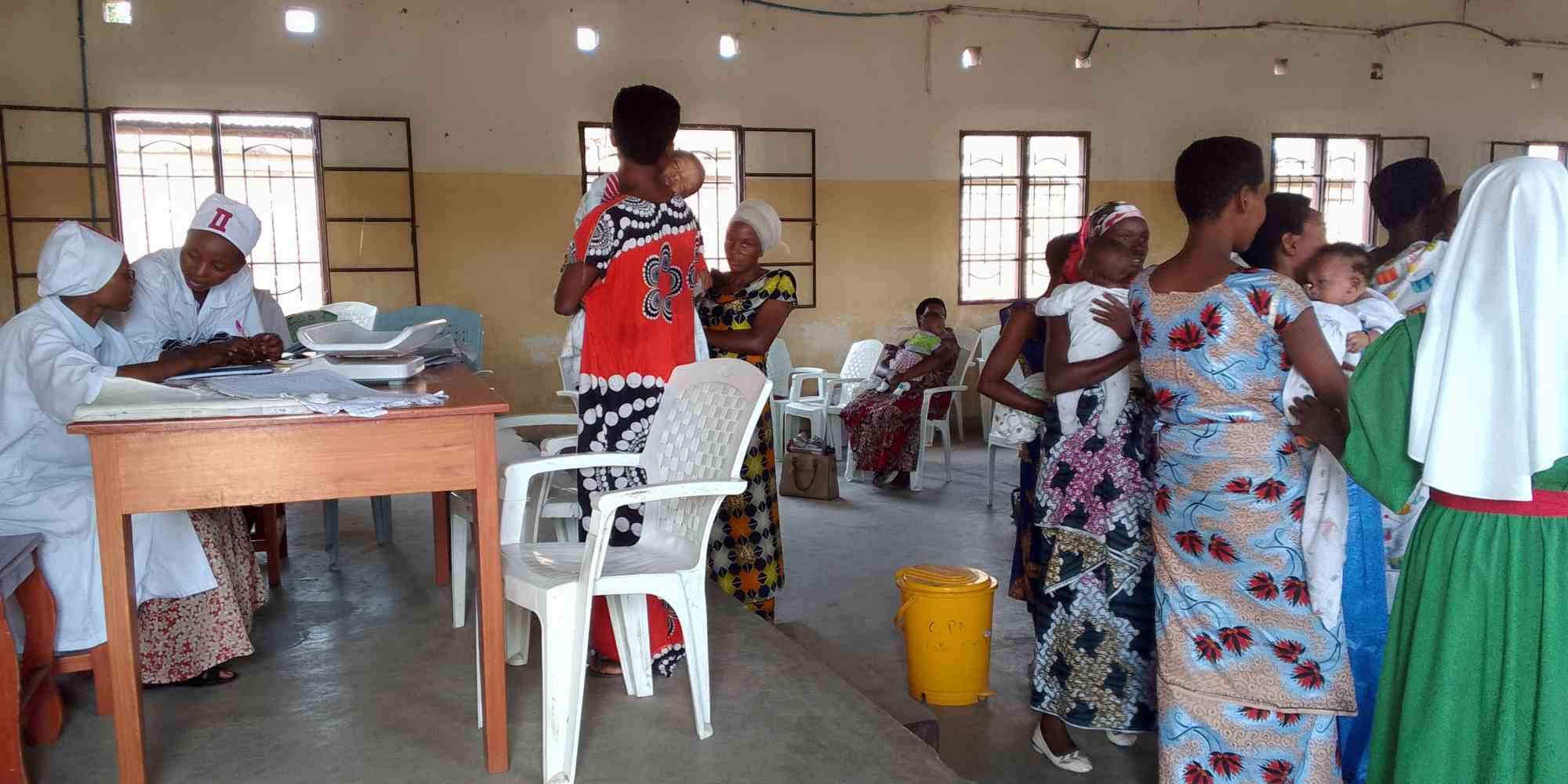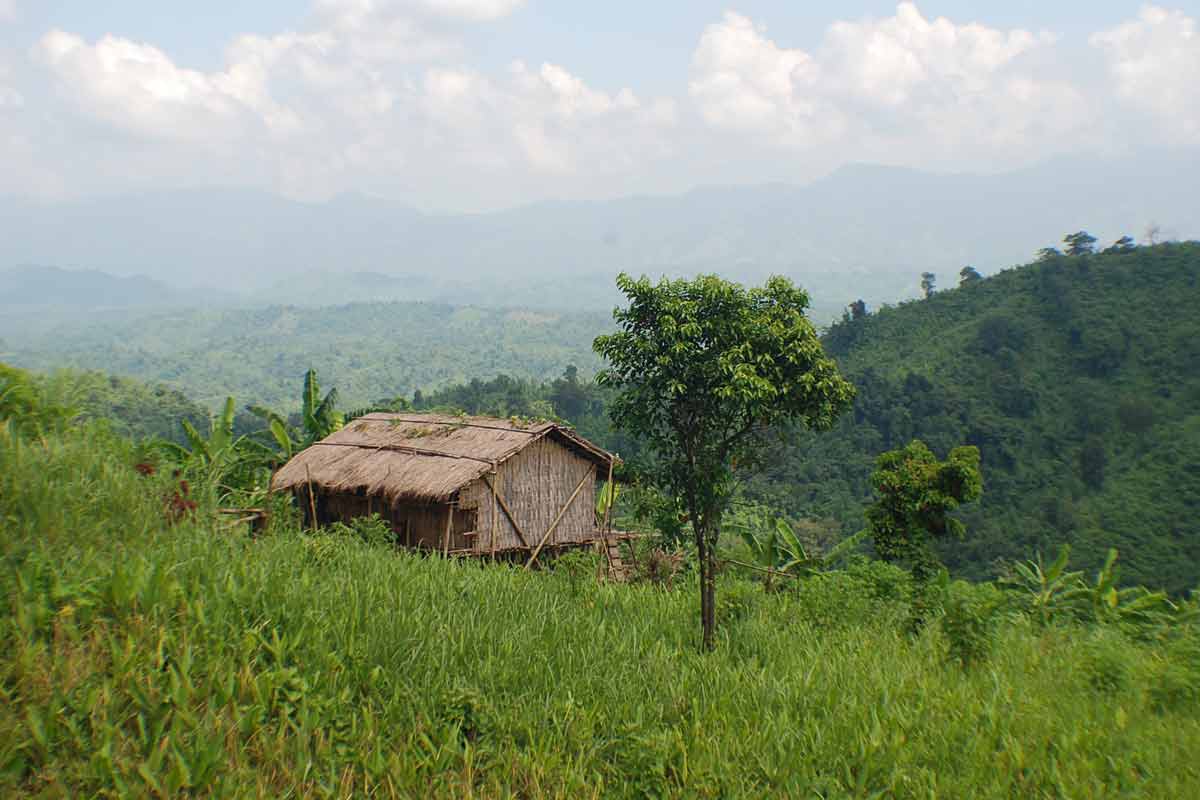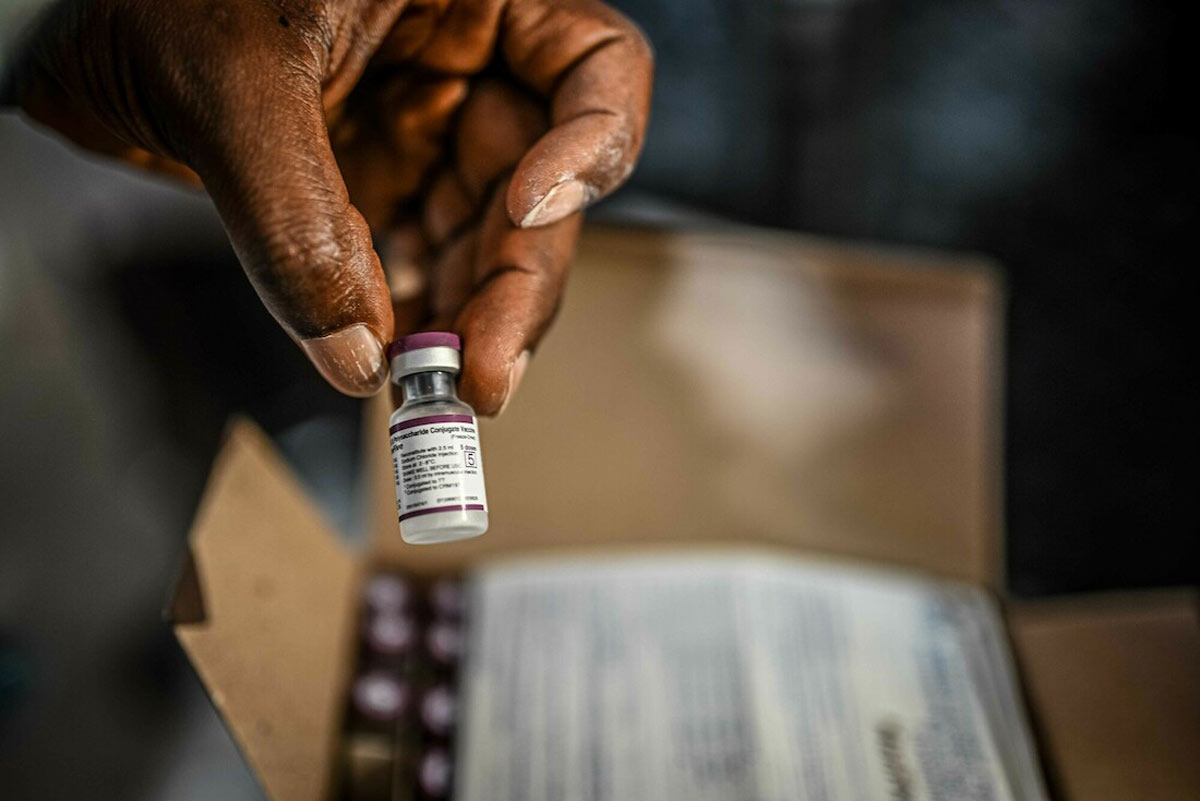Jemberu Soressa, PATH

A child gets vaccinated at a clinic in Afar. Photo: PATH.
Reaching nomadic communities is a challenging task for Ethiopia’s vaccinators. With families constantly on the move searching for water and fresh pasture for their cattle, health workers have to go out and look for their patients. Now, in the remote region of Afar, PATH and Gavi are testing a new solution to an age-old problem: empowering community leaders to spread the word and help parents bring their children to get vaccinated, rather than the other way around.
1. Engaging with all kinds of influencers

A training session. Photo: PATH.
Working closely with regional health offices, we started in two districts (Berhale and Yalo) by training 50 kebele leaders. They head-up Ethiopian neighbourhood groups. In turn, these leaders then trained committees made up of local influencers in health, education, clan politics and women’s groups. The result? A ready-made network that can spread the word about the importance of vaccines, campaigns and clinics through existing social structures and gatherings.
2. Learning protection from an early age

Photo: Gavi/Niligun Aydogan.
Drawing on similar training programmes and materials, schools lie at the heart of these new tactics. The teachers write-up messages about vaccines on classroom blackboards as well as holding quiz sessions that allow children to win prizes. In this way, students understand more and more about the importance of vaccination. They then bring the information back home to their brothers and sisters, and hopefully remember the same lessons for when they too have a family of their own.
3. Discussing child health, religiously

Islamic leaders at an immunisation awareness session. Photo: PATH.
Thanks to an earlier initiative, many Islamic leaders in Afar are already our immunisation allies. Now they’re taking the approach to the next level, using every opportunity to deliver key messages about immunisation. Sheik Kedir, a religious leader in Yalo district, told me how it works in practice: “There is a big prayer event at the Mosque every Friday when no Muslim in Afar can stay home. Child health and immunisation are at the forefront of discussions in these meetings.”
4. Combining immunisation and entertainment

Vaccine festivities. Photo: M. Gebreyesus.
Fun can help information travel further, even in the vast region of Afar! To help spread the word about immunisation, messages are shared in the marketplace via theatre, circus shows and competitions. Lively discussion and question and answer sessions also play a role, sometimes with a little help from megaphones.
What does all this mean for vaccination itself? Aliyou, the head for Yalo district health office, responds: “Community perceptions of vaccines are changing, especially women’s. Women are now coming to vaccinate their children. As a result, district vaccine coverage has steadily improved since the project started.”
Over the next few months, partners will continue supporting efforts to raise awareness of immunisation through local community leaders in the Afar districts, before evaluating the project in full. If all goes to plan, these innovative tactics could soon find their way to other areas, helping spread the immunisation message even further.






